•Kano’s Hisbah breaches citizens’ right by its Ramadan ban on eating in public
In fairness to Nabahani Usman, commander-general of Hisbah, the Kano Shariah police, Kano State’s ban on eating in public, during the month of Ramadan, would appear basically targeted at Kano Muslims.
“Any Muslim that we apprehend eating outside, our men will arrest and bring the person to our office unless he can show proof that a doctor asked him not to fast,” he said. “We do this kind of operation yearly and we will continue it this year. The aim is to get every Muslim to respect the month of Ramadan. Even if a doctor says you should not fast, that does not mean you should eat in public while others are fasting.”
Even then, there are fundamental clashes here: the dictates of Islam versus the canon of a secular state, which Nigeria is.
Then: the clash between the free rights of a lawful citizen and the Muslim’s obligation to mandatorily observe the Ramadan fast, as one of the five pillars of Islam.
Even for those who contest Nigeria is a secular state (interpreting “secular” to mean absolutely unreligious) and therefore posit Nigeria is rather a “multi-religious” state, how does such a Ramadan diktat affect the religious sensibilities of Kano native Christians, and other Nigerian non-Muslims living in the state?
Then, going back to the very fundamental, the Shariah law, on which the Hisbah threat is hinged: between provisions of the Nigerian Constitution and the Shariah law, which one is more basic to a Nigerian citizen, Muslim or Christian?
And from this poser, how does the Kano State government ensure the Hisbah Ramadan arrests are not abused, and turned into an illicit target on Kano non-Muslims?
Still, all these posers must be discussed in the context of local rights in a federal state. If a federation is erected to safeguard local interests, while also mainstreaming some pan-national rights in a multi-ethnic, multi-religious and multi-culture state, no one can fault the Kano State government for its Shariah law. It is also one of the fruits of federalism that the state government reserves its right to create the Hisbah, to enforce its Shariah laws. The Nigeria Police cannot; because it is outside the Shariah canon.
Shorn of its religious colouration, therefore, Hisbah is no different from the Lagos State Traffic Management Authority (LASTMA), the Lagos traffic police, the Lagos State Environmental Sanitation Corps (LAGESC), the Lagos environmental police, and even the Lagos State Neighbourhood Corps (LSNC), the Lagos neighbourhood safety police. All are covered by the federal principle. The difference is perceived local utility and value: Kano (Islam); Lagos (traffic, the environment and safety).
Still, where the local interests end, federal citizens’ rights take over. That is the juncture that makes the Hisbah, and its Ramadan diktat, controversial. While the Ramadan decree perfectly applies to Kano Muslims, it cannot apply to Christians in that state, without chiselling away their religious rights, also robustly protected by the Nigerian federal constitution.
Given that Kano city is cosmopolitan, home to many faiths; and Kano State itself is a trade hub, with many Nigerians and foreigners crisscrossing it for their daily bread, then the Hibsah must put in place a rigorous implementation code, to ensure the Ramadan decree is not turned into a religious whip for non-Muslims. Even Muslims that decide to downplay their Islamic commitments but push their citizens’ right could stand a chance, under the law, to challenge the don’t-eat-in-the-public-during-Ramadan instruction.
At the end of the day, however, moderation is the key word. Kano is a predominantly Muslim state. Christians there, native or resident, should be sensitive to the religious mood of the majority. If they did that, and kept their eating to their private space, that would be wonderful. But the Hisbah would breach citizens’ rights if it brusquely enforced the decree, particularly on non-Muslims. That would be going too far.
You may be interested

‘It Was A Fair Result’ — Troost-Ekong Reacts To Super Eagles Stalemate Vs Benin Republic
Webby - November 15, 2024Super Eagles captain William Troost-Ekong claimed the Super Eagles deserved a point from their 2025 Africa Cup of Nations qualifying…
Dikko Vows Full NSC Support For Nigerian Teams’ Continental Success
Webby - November 15, 2024National Sports Commission (NSC) Chairman, Shehu Dikko, has pledged the Commission’s commitment to support all Nigerian sports teams competing on…

Super Eagles Goalkeeper Nwabali Loses Father
Webby - November 15, 2024Super Eagles goalkeeper, Stanley Nwabali, has lost his father.Nwabali announced the death of his father on Instagram on Friday, November…






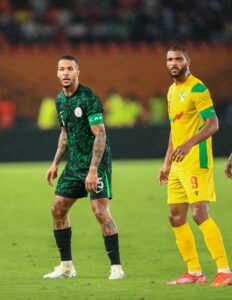

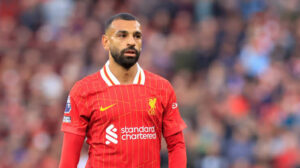
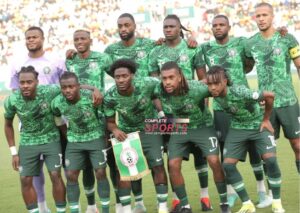
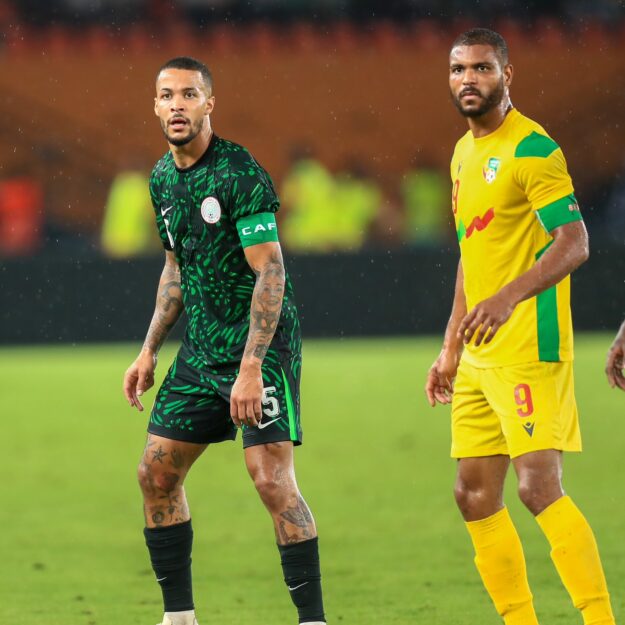

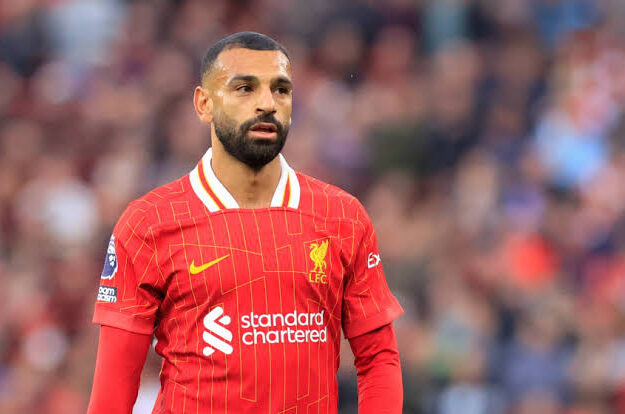
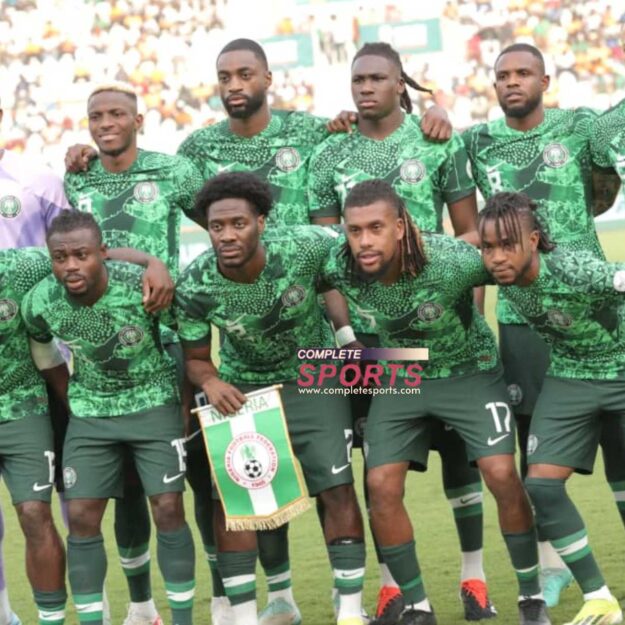


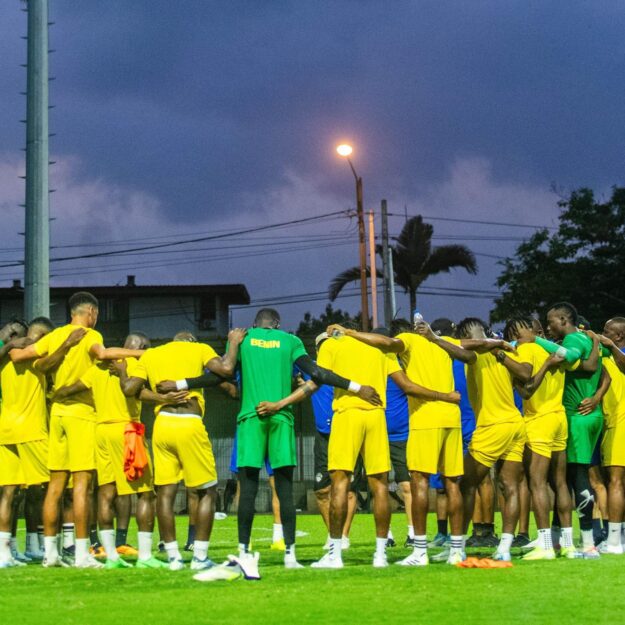



![American Pastor, David Wilson Seen Eating The Box Of Woman Who Isn’t His Wife [Video]](https://onlinenigeria.com/wp-content/uploads/2019/10/american-pastor-david-wilson-seen-eating-the-box-of-woman-who-isnt-his-wife-video-150x150.jpg)




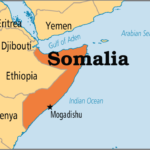





Leave a Comment